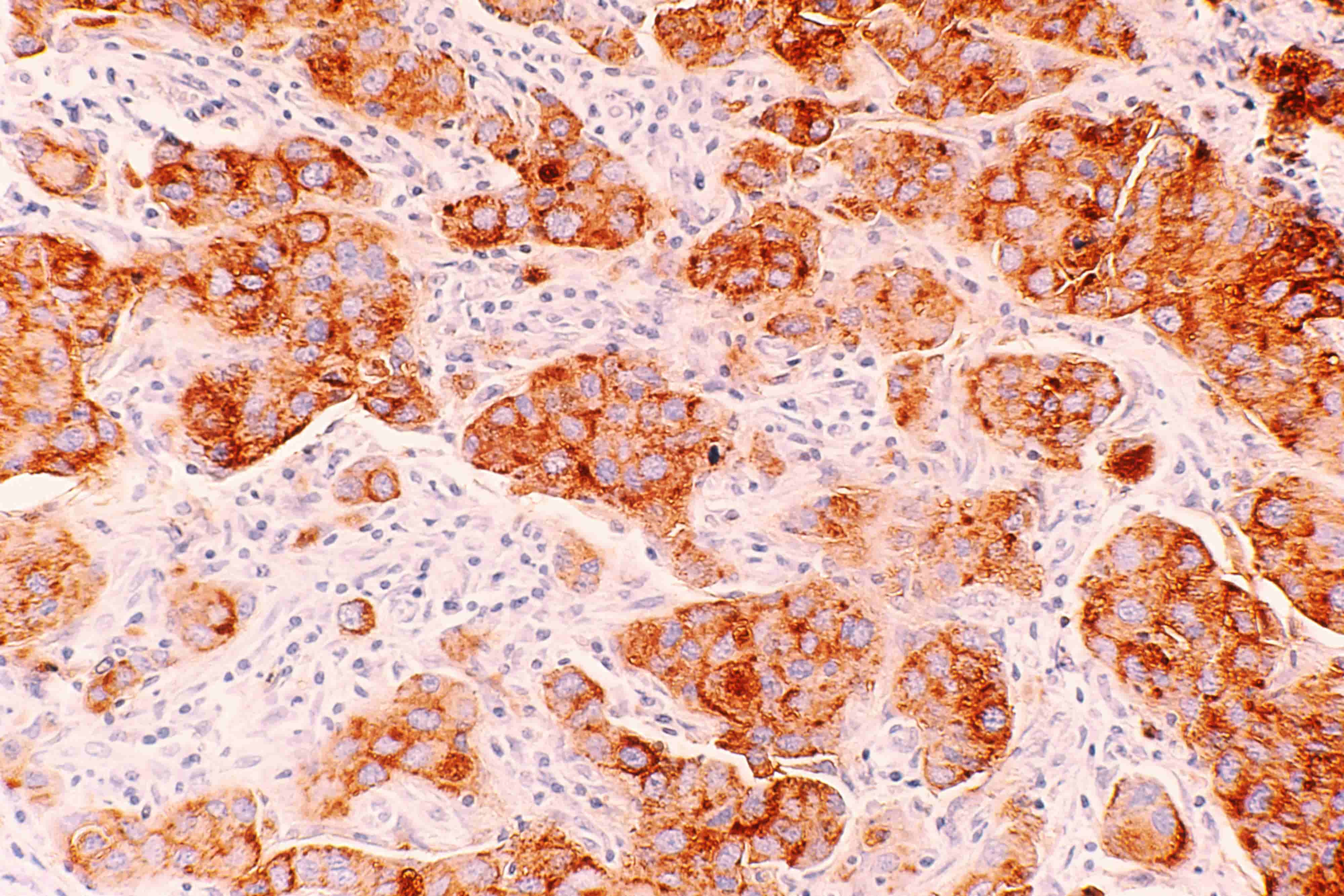In a major new study, researchers have unveiled a new method for predicting cancer outcomes by harnessing the power of real-world data (RWD). By combining advanced natural language processing (NLP) technology with large-scale patient datasets, the team developed a sophisticated model to predict survival rates and uncover relationships between tumor genetics and outcomes. This innovation marks a major leap in personalized cancer care, where treatment plans could be tailored to individual patient profiles.
The Challenge of Cancer Prediction
Cancer is a complex disease, and predicting patient outcomes remains a significant challenge. While doctors have traditionally relied on data like tumor stage and genetic markers, these approaches often don’t capture the full picture of a patient’s health. Moreover, critical data about patients - such as doctor’s notes, radiology reports, and genetic sequences - are often scattered across multiple systems, making it difficult to analyze effectively.
This study aimed to overcome these challenges by creating MSK-CHORD, a comprehensive dataset of 24,950 cancer patients from Memorial Sloan Kettering Cancer Center. By integrating structured data (like patient demographics and treatment records) with text from clinical notes and radiology reports, researchers were able to create a unified, richly detailed resource for analysis.
How the Study Worked
The researchers used advanced NLP algorithms to analyze over 700,000 radiology reports, identifying patterns and extracting meaningful insights from clinical notes. By training their models on this massive dataset, they could predict overall survival more accurately than traditional methods that rely on genomic data or tumor stage alone.
For instance, the model uncovered links between specific gene mutations, like SETD2 in lung cancer, and patient outcomes. It also demonstrated how tumor sites and genetic features influence the likelihood of metastasis (the cancer spreading) to specific organs, such as the liver or brain. These findings, validated across multiple institutions, provide new insights into how cancer spreads and progresses.
Why This Matters for Patients
This new approach has the potential to transform cancer care. By combining data from diverse sources, the model enables more accurate predictions of a patient’s prognosis. This means doctors can better tailor treatments to each individual, offering therapies that are most likely to succeed while avoiding those with lower chances of effectiveness.
For example, patients with lung cancer who carry certain genetic markers might benefit more from immunotherapy than from traditional chemotherapy. These insights could guide treatment decisions, improving survival rates and quality of life for cancer patients.
A Public Resource for Cancer Research
Beyond its immediate clinical applications, the MSK-CHORD dataset has been made publicly available as a resource for cancer researchers worldwide. Its size and scope enable studies that were previously impossible due to limited data. By integrating information from thousands of patients, researchers can uncover patterns that lead to new therapies or better screening methods.
What’s Next?
The success of this project demonstrates the power of combining real-world data with cutting-edge machine learning techniques. As researchers continue to refine these models, they plan to incorporate even more types of data, such as liquid biopsies and immune responses. These additions could further improve predictions and open the door to truly personalized cancer care.
This study is a testament to how technology and data can drive innovation in medicine. Scientists are paving the way for a future where cancer treatment is faster, more effective, and uniquely tailored to each patient.


